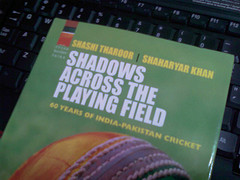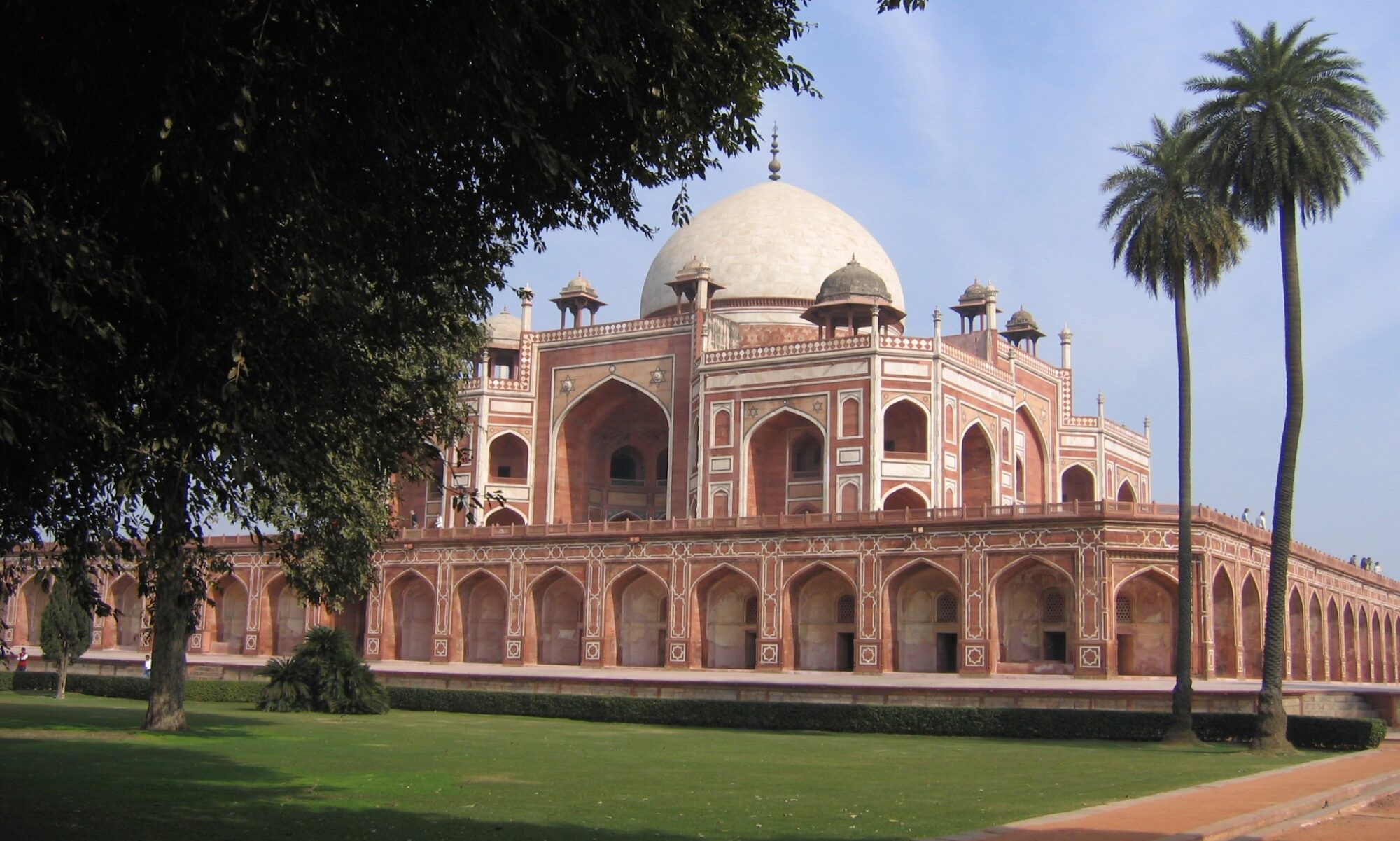
IS THERE LIFE AFTER CRICKET?
April 1, 2011: “Cricket Diplomacy” was the buzzword of the week in India and Pakistan as the national teams of the two countries squared off in the World Cup semifinals at Mohali, a town in the Indian Punjab conveniently close to the Pakistani border. The Indian and Pakistani media have been crammed with commentary debating how this shared sporting enthusiasm they inherited from the British Raj could forward their recently revived bilateral dialogue. Much was made of the fact that Pakistan Prime Minister Yousuf Raza Gilani had accepted Indian Prime Minister Manmohan Singh’s invitation to be his guest at the event.
Americans, most of whom find cricket as unfathomable as it is tedious, are likely to wonder what all the fuss was about. Even those of us who have spent long innings in cricket-addicted South Asian countries and have experienced the Super Bowl cum World Series atmosphere major India-Pakistan cricket matches excite, tend to be skeptical. Is anything really accomplished by all this hoopla? How useful are the brief encounters the leaders of the two countries have at the game and the ceremonial dinner that invariably follows? How significant is the warm reception fans accompanying the visiting team receive from supporters of the home side and the good cheer that usually surrounds the match? The historical record of India-Pakistan cricket diplomacy doesn’t offer a clear answer to any of these questions. Much seems to have depended on the political circumstances of the moment.
Fortunately this current bout of cricket diplomacy comes at an opportune, even hopeful time. With some luck (admittedly a commodity often in short supply in India-Pakistan relations) the event will reinforce recent positive trends in bilateral ties. The two foreign ministers made a surprise decision at a February meeting of the South Asian Association for Regional Cooperation (SAARC) in Bhutan to resume a formal dialogue. This led to an unusually productive meeting last month between their home secretaries, the most senior civil servants responsible for security and counter-terrorism issues. The officials’ agreement to allow Indian investigators to query Pakistani suspects jailed in Pakistan about their roles in the Mumbai attacks is an important forward step that the Indians have been seeking for years.
The home secretaries’ talks are to be the first in a series of bilateral discussions on India-Pakistan issues that will culminate in a meeting between the two foreign ministers and, we can hope, eventually the long delayed visit of Prime Minister Singh to Pakistan. The two countries had started a “composite dialogue” in 2004 and it continued for four years, cheered from the sidelines by the United States, until India broke it off after the attacks on Mumbai in November 2008. India has been careful to avoid billing these talks as a continuation of the 2004-2008 series, but that history set the stage.
The earlier talks covered a broad menu of bilateral issues. Results were at best spotty. Some progress was made in facilitating cross-border travel, but hopes for lowering trade barriers were stymied by Pakistan’s refusal to grant India most favored nation status under the WTO. Even two longstanding disputes that seemed relatively easy to resolve — determining the exact position of a small stretch of the international border and demilitarizing the forbidding Siachen Glacier in northern Kashmir — remained stalemated. Ironically, it was the effort to resolve the intractable six-decade old dispute over Kashmir that at least briefly offered the most hope of a breakthrough. But the domestic political problems that ultimately led to Musharraf’s ouster made it impossible for him to pursue the creative “out-of-the-box” proposals he had initiated.
Yet while the home secretaries’ talks and the cricket diplomacy that followed have created a more promising atmosphere and, as cricket fans might say, made the wicket for their bilateral negotiations less sticky, there are still plenty of problems ahead. Here are some questions to keep in mind.
What attitude will the Pakistan military adopt? The army increasingly calls the shots in Pakistan on security and foreign policy issues, especially on India-Pakistan relations. It is all very well to hail the positive statements Prime Minister Gilani made during his brief stay on Indian soil. But what really matters is how far Pakistan Army Chief of Staff General Ashfaq Pervez Kiyani and his powerful corps commanders want to go in normalizing ties.
Will Prime Minister Singh’s political problems at home, sparked by a cascade of financial scandals involving senior government officials, make it more difficult for him to engage the Pakistanis? Singh has been a leader in the effort to improve relations; some say he wants greater India-Pakistan amity to be his legacy when he retires from government, probably in 2014. If he is seriously weakened or distracted by domestic political issues, that could damage prospects for progress.
What will happen this summer in Kashmir? Last summer, a seemingly spontaneous uprising by youth in the Kashmir Valley led to the death of 120 demonstrators and shocked the Indian government and public. Some fear that similar disturbances could reoccur this year. The government has taken several useful measures to head this off. A three-person committee has been set up to sound out Kashmiri opinion and devise proposals that will lessen the strong sense of alienation many among the state’s Muslim majority feel toward India. But the leaders of separatist parties have refused to meet with the committee, and its limited mandate, which excludes any consideration of the India-Pakistan dimension of the Kashmir issue, reduces its effectiveness.
Will Pakistan again insist that unless progress is made on the “core” dispute over Kashmir it cannot agree to any significant advance elsewhere? This long held position springs from Pakistan’s concern that once other issues are resolved, India, as the status quo power, will become even more intransigent on Kashmir. This has seriously hindered progress.
Will “back-channel” talks be resumed on the Kashmir issue? The progress toward a Kashmir settlement the two sides made during Musharraf’s heyday was brought about through quiet and unpublicized behind-the-scenes talks, not in the formal dialogue. The two sides both have appointed diplomats who are on call to resume these talks, but they cannot function until “front-channel” talks on Kashmir start up again. It is not clear at this point if the shadow negotiators will be called into action.
Will there be another terrorist incident in India that will be blamed on the Pakistanis? There is no dearth of spoilers eager to derail India-Pakistan relations. Another Mumbai-like attack will lead the Indians to take much more aggressive action than they did in 2008. Most observers believe India would feel compelled to take military action. In any case, such an event would destroy all hope for progress. In scheduling as the first round in the resumed dialogue the home secretaries’ talks on dealing with terrorism, the two governments displayed an excellent sense of priorities.
As always stay tuned.
Howard and Teresita Schaffer

